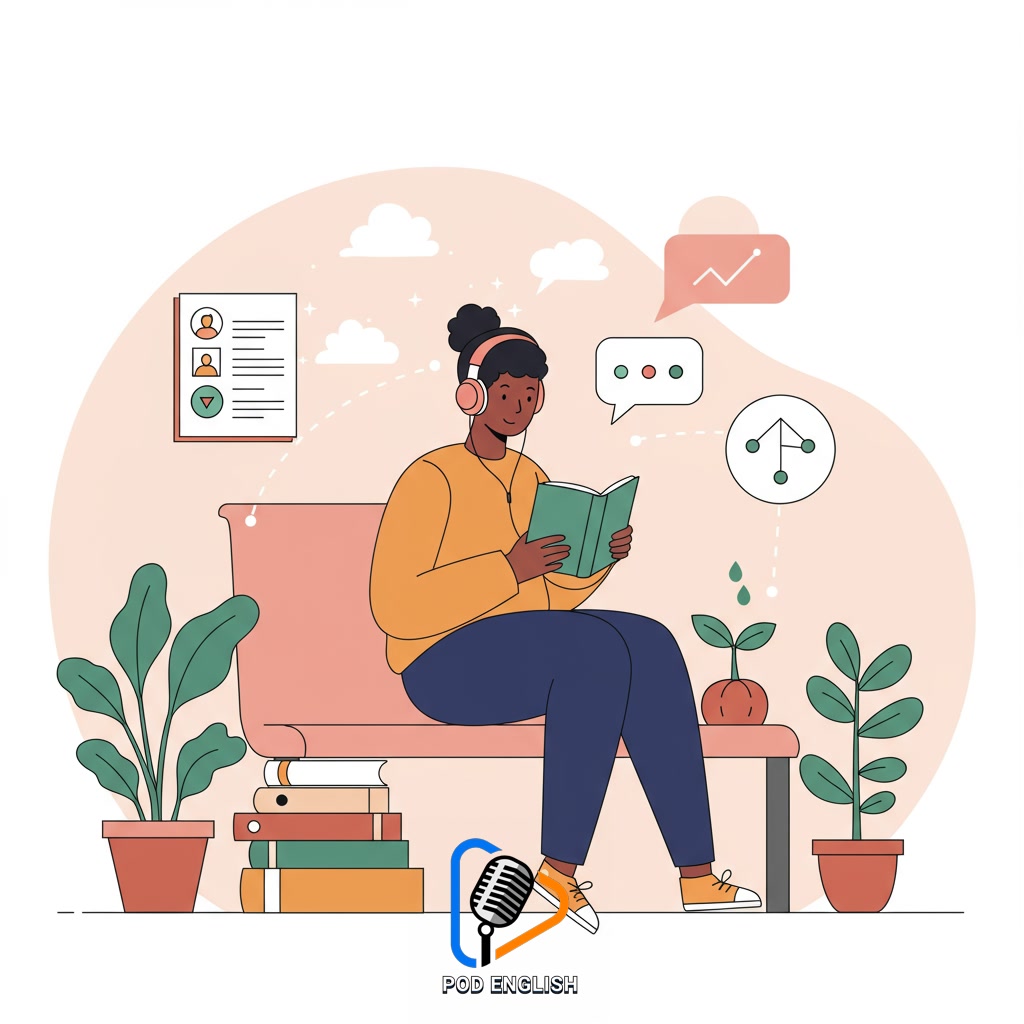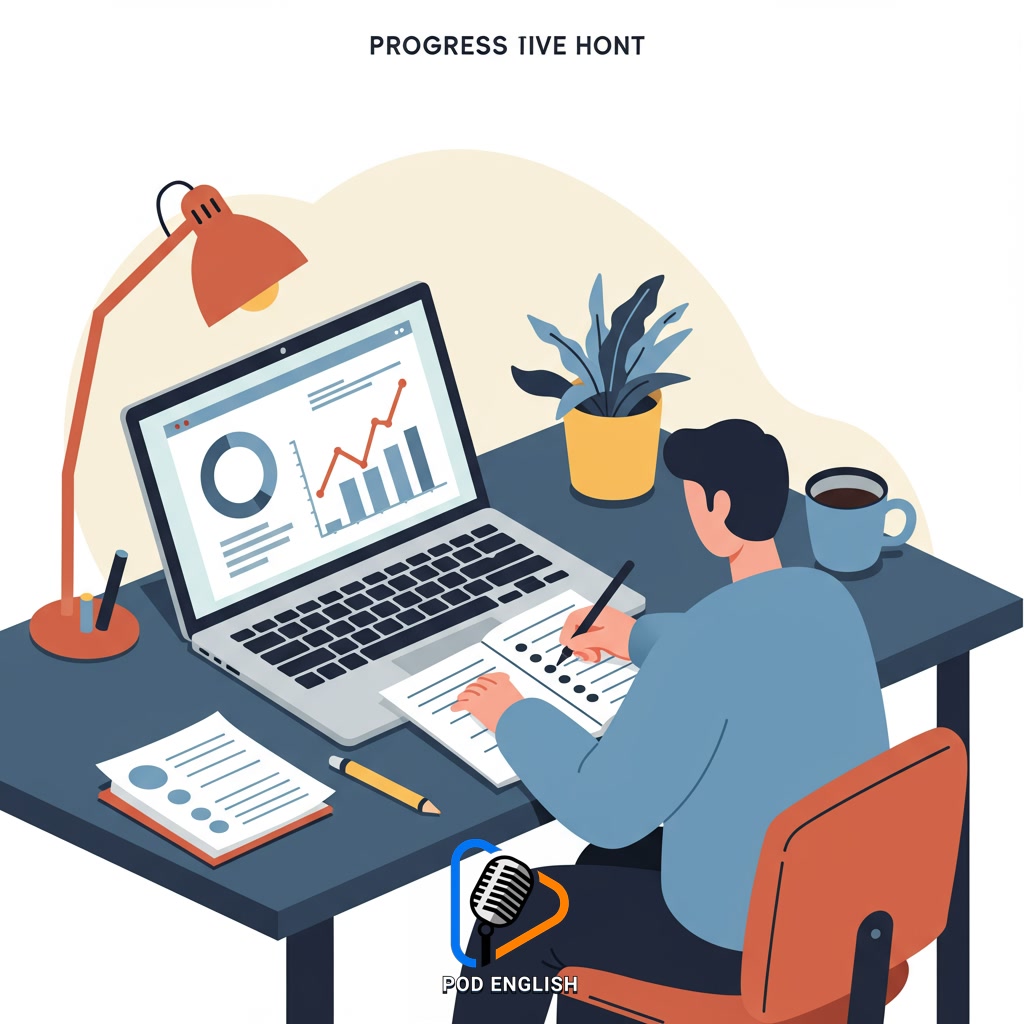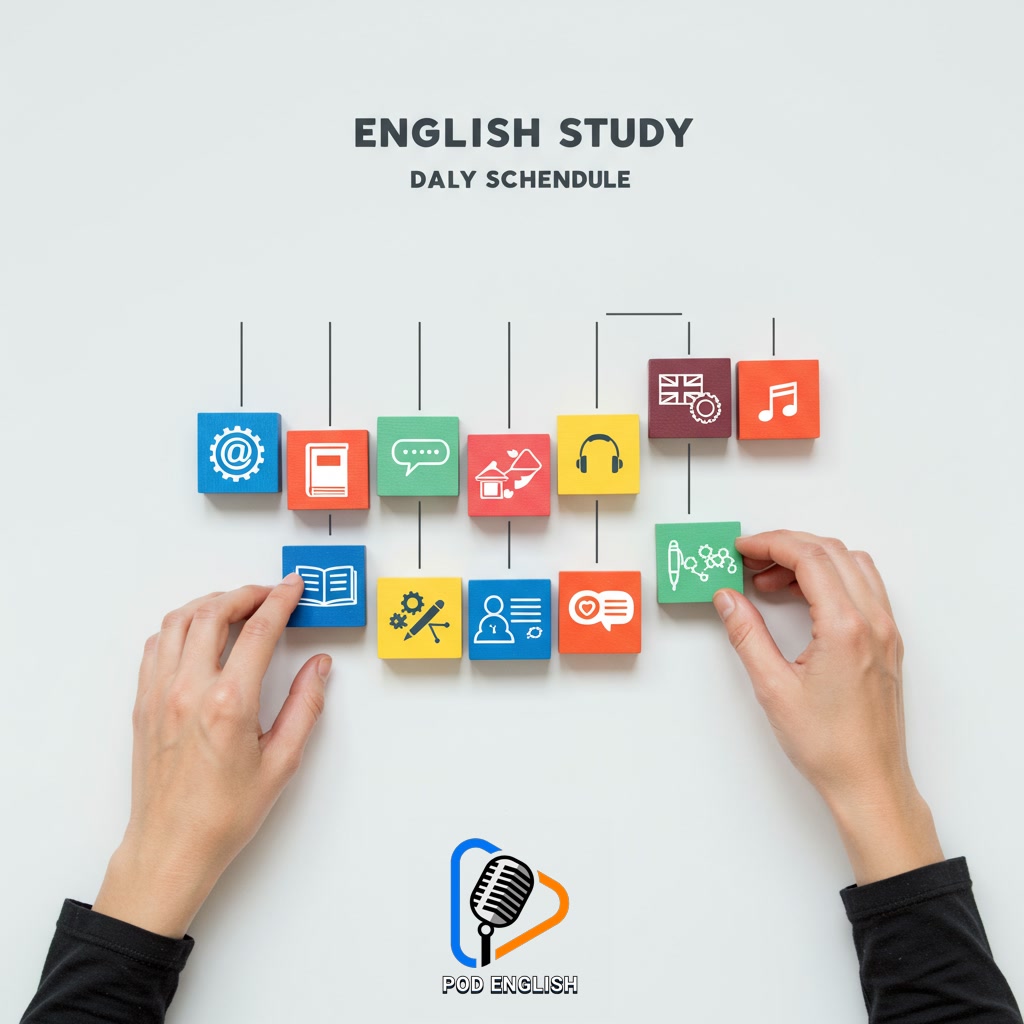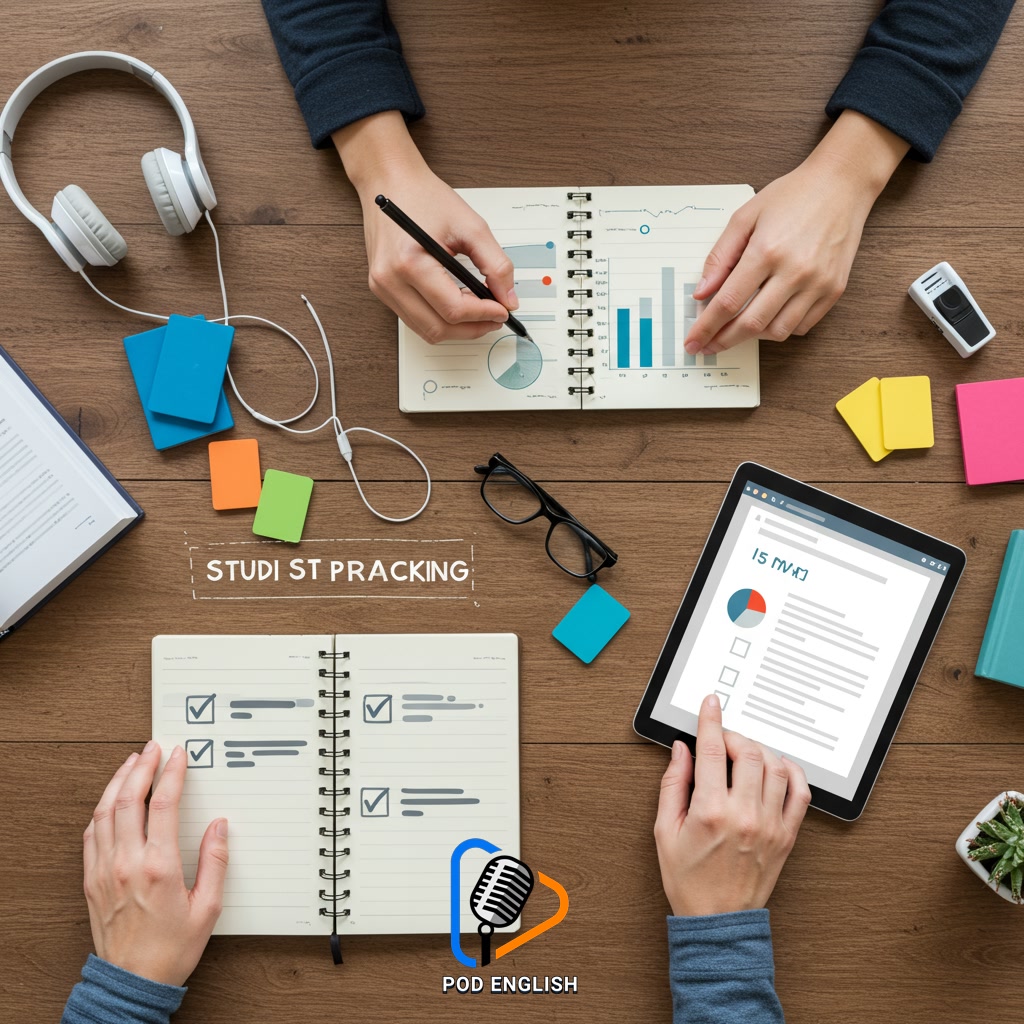Learn English
How to Study English Effectively: Breaking Down Learning into Daily Tasks

This resource outlines a method to study english effectively. It presents an approach centered on breaking down the overall learning journey. By dividing the process into smaller, achievable daily tasks, individuals can build consistent momentum. This strategy aims to make English acquisition more manageable and sustainable over time.
Table of Contents
- Section 1: Introduction: The Power of Daily English Study
- Section 2: Assess Your Current Level and Define Specific Learning Goals
- Section 3: Deconstruct English Skills into Daily, Actionable Tasks
- Section 4: Build Your Personalized Daily Study Routine
- Section 5: Leverage Resources and Track Your Daily Progress
- Section 6: Maintain Consistency and Overcome Challenges
Section 1: Introduction: The Power of Daily English Study
Learning English can often feel like a daunting task, with a vast amount to learn and seemingly slow progress. Many learners attempt infrequent, long study sessions, only to find it difficult to retain information and build momentum. However, this introduction explores a profoundly effective alternative: the power of daily English study. By integrating even short, focused periods of learning into your everyday routine, you can achieve consistent progress that is far more sustainable and impactful than sporadic cramming. This approach fosters habit formation, reinforces learning through regular exposure, and prevents the forgetting curve from taking hold. It transforms English acquisition from an overwhelming challenge into a manageable and rewarding daily practice, building confidence and fluency one small step at a time.

Introduction: The Power of Daily English Study
Section 2: Assess Your Current Level and Define Specific Learning Goals
Building upon the understanding that long, infrequent study sessions are often ineffective, the crucial first step in breaking down your English learning journey is to accurately assess where you currently stand. This means taking stock of your skills across reading, writing, listening, and speaking, perhaps through online tests, self-evaluation, or practice exercises. Being honest about your present level allows you to set realistic and achievable learning goals. Instead of aiming for a broad, undefined ‘fluency’, define specific, measurable targets, such as being able to hold a basic conversation on a certain topic, understand a specific type of content, or improve your grammar accuracy in a particular area within a set timeframe. Knowing your starting point and destination provides the necessary foundation for planning your daily learning tasks effectively.

Assess Your Current Level and Define Specific Learning Goals
Section 3: Deconstruct English Skills into Daily, Actionable Tasks
Building upon the understanding that long, infrequent study sessions are often ineffective, the crucial first step in breaking down your English learning journey is to take the broad categories of English learning – listening, speaking, reading, writing, grammar, and vocabulary – and break them down into specific, manageable daily activities. Instead of thinking “study reading,” think “read one short article on a news site” or “practice reading aloud for 10 minutes.” For vocabulary, instead of “learn words,” aim for “review 10 flashcards” or “use 5 new words in sentences.” This process involves identifying concrete actions you can take *every day* or *most days* that contribute to improving each skill area. By converting abstract goals into tangible tasks, you create a clear roadmap for your daily study, making the overall goal of fluency feel less overwhelming and more achievable through consistent effort.

Deconstruct English Skills into Daily, Actionable Tasks
Section 4: Build Your Personalized Daily Study Routine
Building your personalized daily study routine is where the breakdown truly comes to life. Instead of aiming for long, daunting sessions, you’ll now allocate specific, shorter time slots throughout your day for the small tasks you’ve identified. Consider your personal schedule: are you a morning person or a night owl? How much time can you realistically commit each day – even 15-30 minutes of focused study is valuable. Mix different types of activities – perhaps 10 minutes for vocabulary review, 10 minutes for listening practice, and 10 minutes for grammar exercises. The goal is consistency; a few minutes every day builds momentum far better than hours once a week. Make your routine fit your life, making it sustainable and enjoyable.

Build Your Personalized Daily Study Routine
Section 5: Leverage Resources and Track Your Daily Progress
Having established your personalized daily routine, the next crucial step is to intelligently select and utilize resources that align perfectly with your specific tasks. This isn’t about accumulating every available tool, but rather choosing resources that directly support your daily goals, whether it’s mastering a particular grammar point through online exercises, expanding vocabulary with a dedicated app, or improving listening skills via podcasts. Alongside leveraging the right tools, consistent progress tracking is vital. This doesn’t require complex systems; a simple physical notebook, a digital spreadsheet, or a tracking app can serve as your record. Documenting what you studied, challenges encountered, and milestones achieved provides a clear view of your journey, helps identify areas needing more focus, and serves as a powerful motivator by showing tangible evidence of your daily effort and cumulative progress.

Leverage Resources and Track Your Daily Progress
Section 6: Maintain Consistency and Overcome Challenges
After establishing your personalized daily routine and selecting appropriate resources, the next crucial phase is maintaining consistency and effectively navigating challenges. It’s inevitable that you will encounter days when motivation wanes, obstacles arise, or concepts prove difficult. Recognizing these potential hurdles is key. Develop strategies to stay on track, such as setting specific study times, finding an accountability partner, or simply committing to a minimum duration even on busy days. When faced with challenging material, resist the urge to skip it. Instead, try breaking it down further, seeking alternative explanations, or taking a short break before returning. Persistence, even through small, consistent efforts, is far more impactful than infrequent, intensive study. Cultivating this habit of steady effort will build momentum and significantly accelerate your English learning journey.

Maintain Consistency and Overcome Challenges













